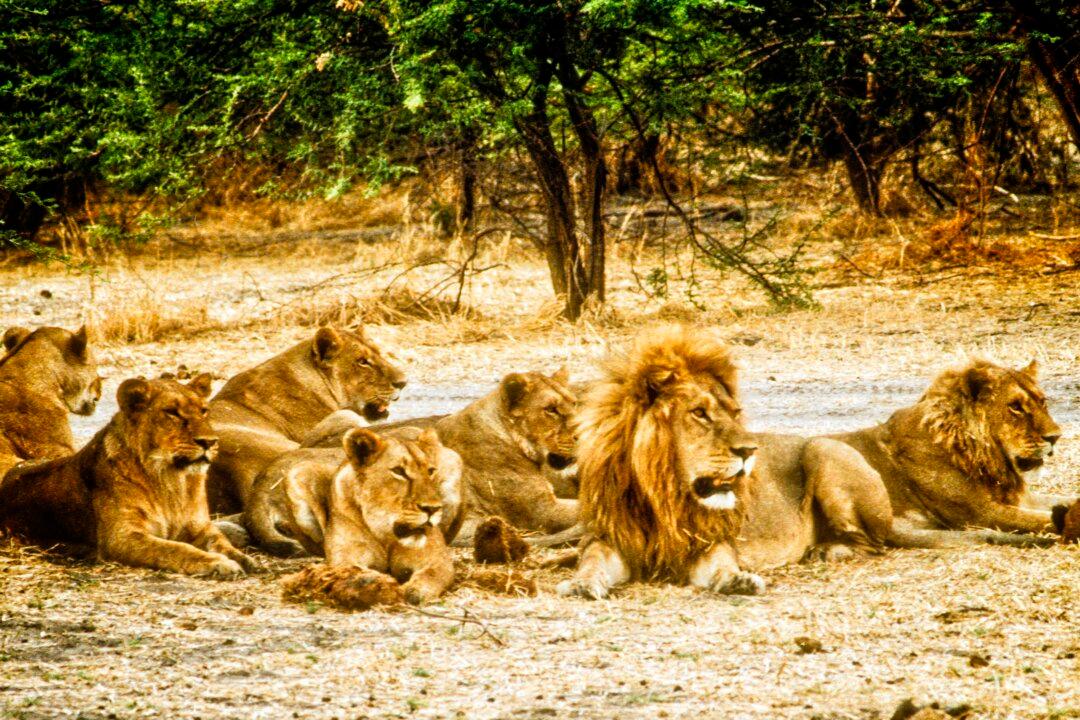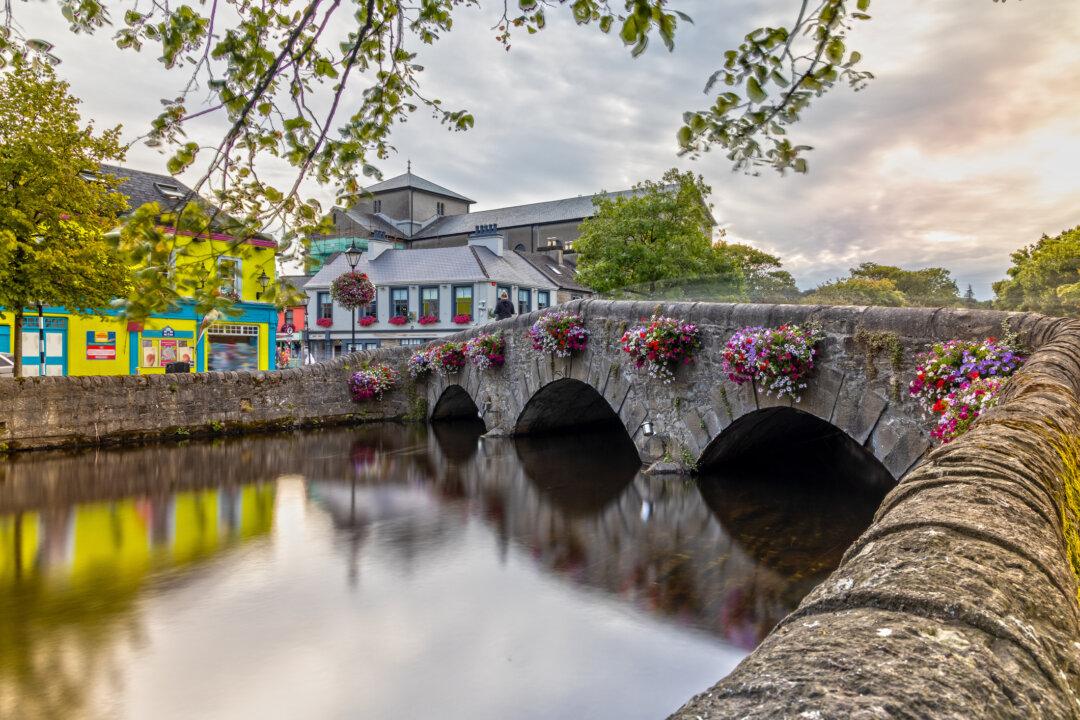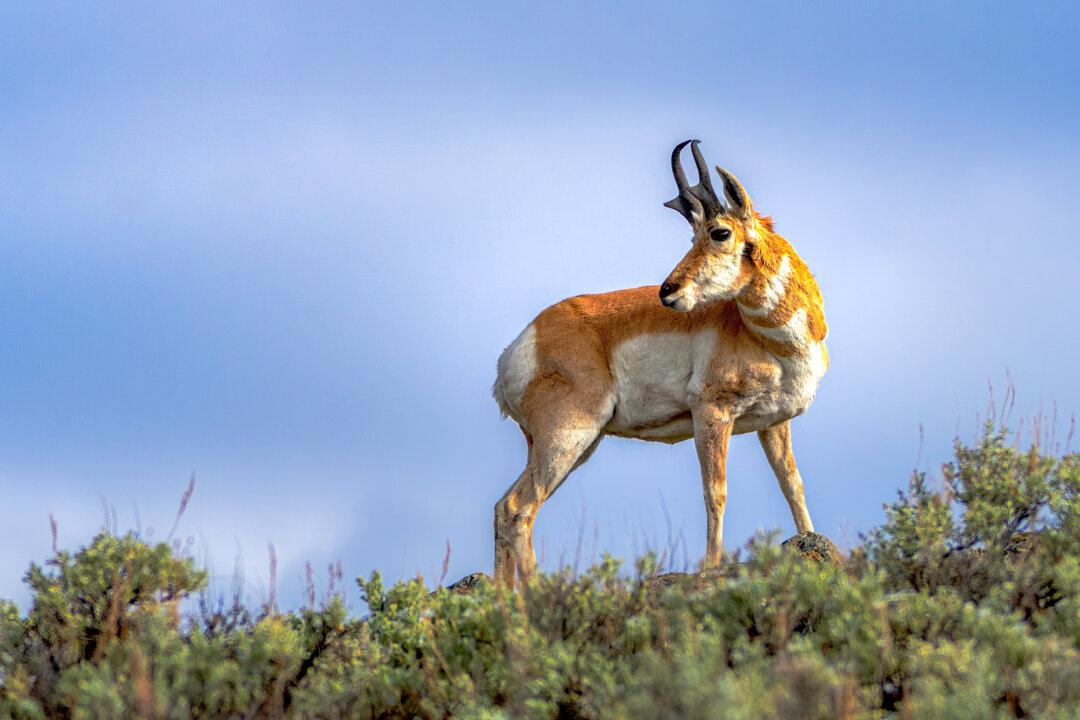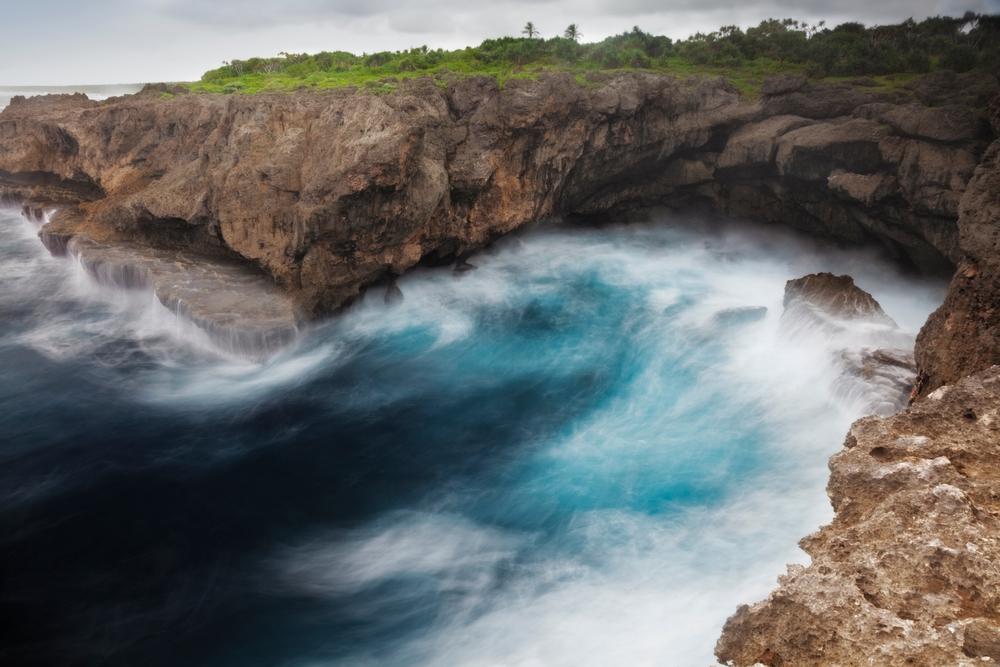It’s a dark-as-dark-gets night in the remote area of Africa where I’m lying in bed reading by the light of a battery-powered fluorescent light hanging overhead.
I hear sounds of lions roaring. They’re very near. And I’m in a tent! All that stands between me and these lions is the tent’s canvas and, I’m guessing, maybe 30–40 yards.
Informed that this would be my next adventure, family and friends had asked: What about lions? What about leopards? Why wouldn’t they drop by and select you for a takeout meal?
There are very, very few instances of tourists being bothered by wild game while in their tent or riding in a vehicle—and nearly all of those instances occurred because someone ignored the common-sense rules of conduct that are so easy to grasp.






